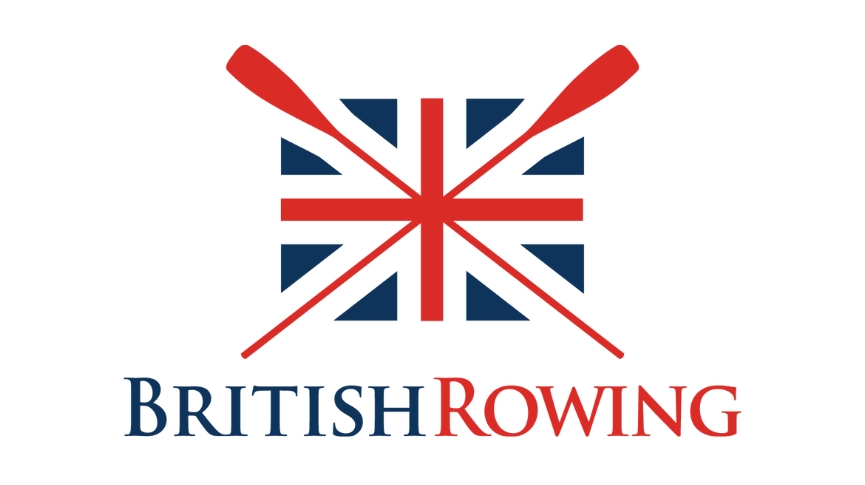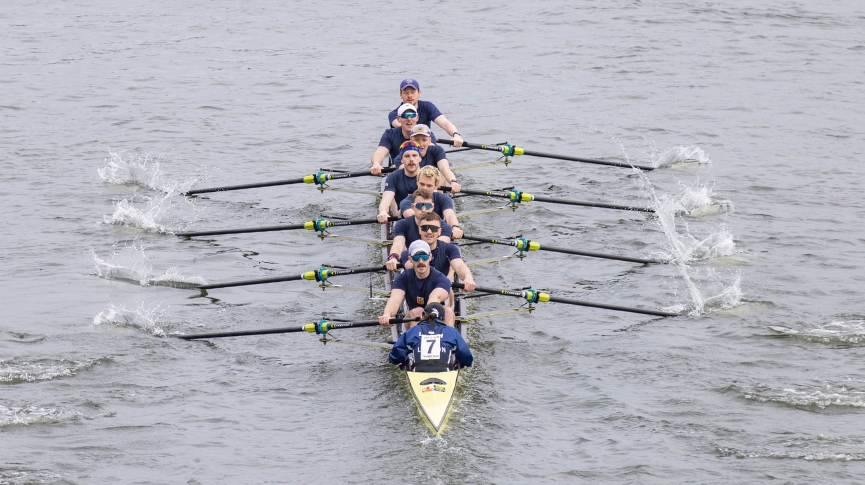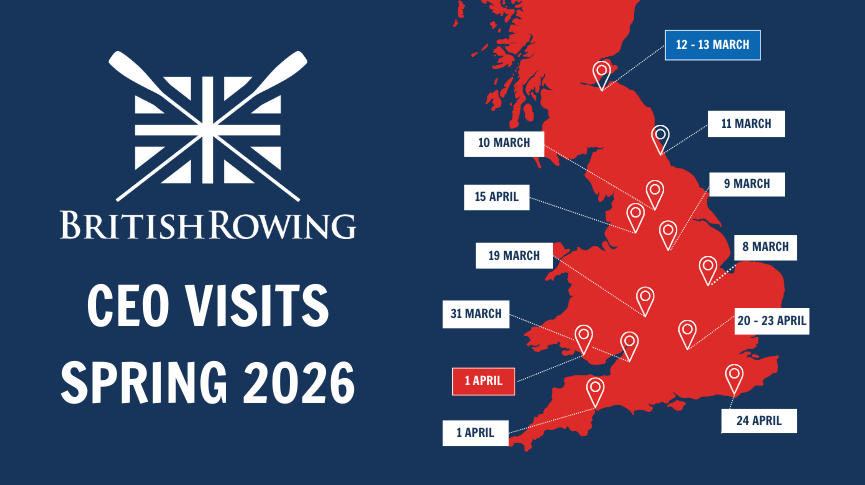Sustainability Spotlight: May 2025
Plasticblitz, Invasive Species Week webinars and Floating Pennywort clearance on the Wey Navigation and River Lee, electric outboards case study, and more!
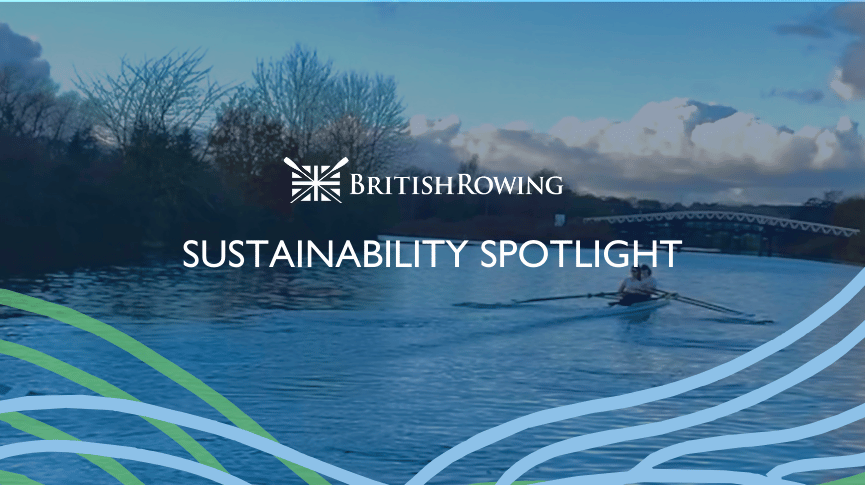
There’s still time to sign up for Plasticblitz 2025 (31 May-15 June)!
80% of the plastic waste pollution found in the world seas and oceans gets there after from our rivers and streams. In other words, our rivers are now effectively channeling plastic from inland areas to the sea. However, once plastic has entered a river, there is no statutory obligation for any organisation or public body to remove it.
That’s where Plasticblitz comes in!
What is Plasticblitz?
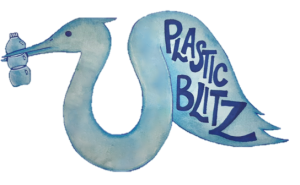 Plasticblitz is an annual event that aims to engage as many community groups and Environment Agency teams as possible with taking part in a simultaneous litter pick and data collection activity around their local river over a two week period between Saturday, 31 May and Sunday, 15 June 2025.
Plasticblitz is an annual event that aims to engage as many community groups and Environment Agency teams as possible with taking part in a simultaneous litter pick and data collection activity around their local river over a two week period between Saturday, 31 May and Sunday, 15 June 2025.
This event has three key aims:
- To complete a catchment-wide clean-up of plastic pollution.
- To collect data on the most common plastic items found, and the areas where plastic pollution is most problematic. This data can be used to educate, create publicity and lobby for change.
- To join up multiple community groups, amplifying their voices and helping them share ideas.
We will be taking part in Plasticblitz this year as part of a nationwide campaign to help clear our rivers of plastic pollution. If you’d like to register your own group, then Thames 21 (a charity that’s part of the Rivers Trust movement and is based on the Thames, but for this campaign working nationally) will guide you on what to do, and possibly link you to local groups taking part etc.
Note: British Rowing’s insurance broker Marsh Sport has confirmed that Affiliation Plus clubs have appropriate Public Liability insurance cover to participate in this activity. Other clubs should check with their insurers. Rowing clubs do not count as ‘corporate groups’ for this purpose irrespective of the legal structure of their club.
Invasive Species Week (12-18 May 2025)
Invasive non-native species (both plants and animals) threaten the survival of native wildlife and our natural ecosystems, cost the economy nearly £2 billion a year, and can even harm our health and interfere with activities we enjoy.
Invasive Species Week is designed to highlight the work being done across Great Britain by organisations and individuals to reduce the impacts of invasive non-native species – and to encourage others to get involved.
Amongst the programme of events organised by the Non-Native Species Secretariat (NNSS), these two webinars shoudl be of particular interest to the rowing community:
Webinar: Invasive non-native species: why they are a problem and how to help protect your sport and the environment
Tuesday, 13 May 2025 (13:00-14:00, online – registration required)
Speakers from British Rowing, the Angling Trust, Paddle UK and the Royal Yachting Association (RYA).
Find out more and register to attend
Webinar: Invasive non-native species (INNS) on the Tees
Friday, 16 May 2025 (13:00-14:00, online – registration required)
Hosted by the NNSS, with a speaker from Tees Rivers Trust.
Find out more and register to attend
Floating Pennywort Clear Up Days
A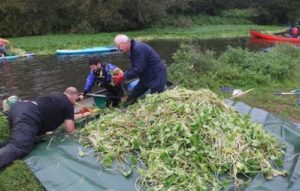 longside these educational opportunities, there are practical opportunities to tackle this non-native invasive plant (introduced to the UK in the 1980s by the aquatic trade):
longside these educational opportunities, there are practical opportunities to tackle this non-native invasive plant (introduced to the UK in the 1980s by the aquatic trade):
- 10 May (10am-1.30pm) – Wey Navigation (based at 1st Send Scouts)
- 15 and 17 May (10am-3pm) – River Lee (at Lea RC)
Clean Water Sports Alliance writes to Independent Water Commission
The Independent Water Commission was established in October 2024 to deliver recommendations to the government on reforms to the water sector. It is chaired by Former Deputy Governor of the Bank of England, Sir Jon Cunliffe.
The Clean Water Sports Alliance (of which British Rowing is a founder member) has just written an open letter to Sir Jon Cunliffe to recommend a clearly defined ‘public health’ objective which considers:
- Greater prioritisation given to interventions that address the direct risk posed to public health by microbial and chemical pollutants
- Further reform of governance and regulation of water companies, creating purpose led organisations that are transparent and compliant with the law
- Accelerating the use of innovative technologies as part of a nationally coordinated environmental monitoring strategy
- Introducing more ambitious catchment systems that include recreational users in decision making
- Strengthening duties placed on water companies to provide access for recreational opportunities
- Ring fencing funds generated from fines and penalties and reinvesting this money into projects that protect and restore the water environment.
The letter reminds him that 47% of GB’s Olympic medals at Paris 2024 came from water-based sports, with 18% of these won by athletes who train outdoors!
CASE STUDY: Electric outboards drive coaching and safety support
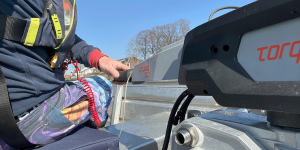 In recent years a number of clubs have decarbonised their launches outboards – and found other benefits in the process too. Furnivall Sculling Club Head Coach John Hickling, one of the pioneers of electric outboards on the Tideway, explains more.
In recent years a number of clubs have decarbonised their launches outboards – and found other benefits in the process too. Furnivall Sculling Club Head Coach John Hickling, one of the pioneers of electric outboards on the Tideway, explains more.


